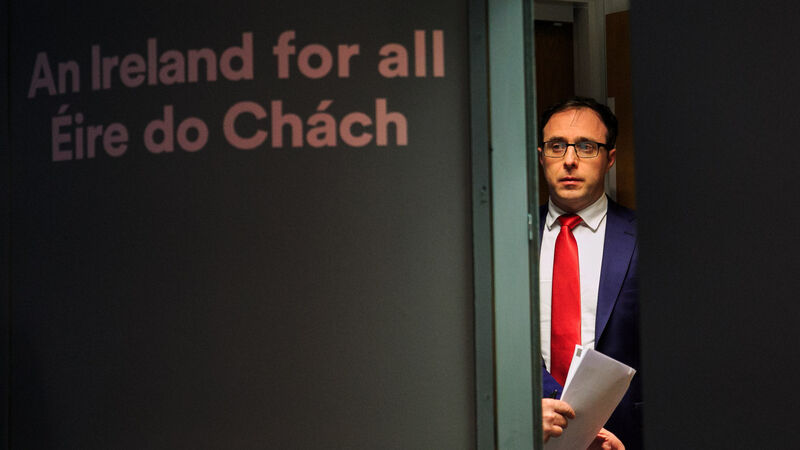Lobbying rules not strong enough and unenforceable

Last week, Fianna Fáil Minister of State Robert Troy described his failure to declare the sale of a property in Mullingar to Westmeath County Council in 2018 as an “error”, and said he would be seeking to amend the Dáil’s register of interests accordingly. Photo: Collins Photos
The traditional summer “silly season” in media is considered to be a thing of the past since the onset of the Covid-19 pandemic and this August has been no exception as, even with the Dáil not sitting, eyes squarely lay on the political sphere this week.
The role the State’s ethics watchdog plays came to the fore after The Ditch began reporting earlier this month on Fianna Fáil Minister of State Robert Troy’s property purchases and sales over the years.













